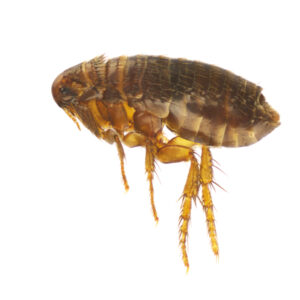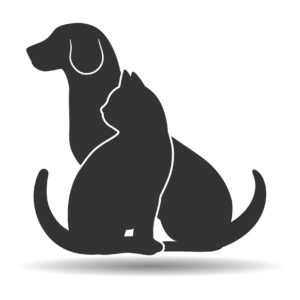
Need Help? Call Us On 0161 776 9832 For Expert Pest Control Advice On How To Identify Pest Infestations And Help Solve Your Pest Problem.
Professional Prescot Flea Treatment
When it comes to stopping a flea infestation, half-measures fall short of the desired result. Professional flea control services offer a full package to ensure the complete removal of these insect pests from a property. Do-it-yourself home remedies are a waste of time. Professional Prescot flea treatment will get the job done in optimum time and leave you satisfied with the results.
Nidicolous ectoparasites

The female may lay her eggs on the host or in the host's vicinity. Due to a lack of adhesiveness, the eggs may drop off the host onto the ground. When the larva hatch, they will scavenge on organic material. Adult fleas feeding on the host excrete flea dirt, that is, faecal matter consisting mostly of blood, and the larva eats the flea dirt. Due to the habit of living close to their host, fleas are referred to as nidicolous (nest-dwelling) ectoparasites.
The majority of the flea population are in the early developmental stages of the holometabolous (four-stage) lifecycle, with about 5% of fleas being in the adult phase. Many home remedies for flea infestation only tackle blood-sucking adults and are ineffective at controlling eggs, larva and pupa. As part of professional Prescot flea treatment, Flea fumigation is effective at preventing fleas in all developmental stages.
Fleas as vectors for zoonotic infections

Larval fleas may ingest tapeworm eggs as they scavenge and will cause tapeworm infection if swallowed. Dipylidium caninum, the Flea tapeworm, can be spread by several flea species, including Ctenocephalides felis, the Cat flea, and Ctenocephalides canis, the Dog flea. In addition, nosopsyllus fasciatus, the Northern rat flea, is a vector of Hymenolepis diminuta, the Rat tapeworm. Both the Flea tapeworm and the Rat tapeworm can infect humans.
Aside from the irritation and discomfort fleas cause, the health risks they pose makes Prescot flea treatment a matter of necessity. When professional flea control services rid a property of fleas, they neutralise the disease risk presented by these parasitic insects. In addition, the experienced flea removal operative is trained to use the insecticides involved in flea fumigation in a safe, effective and responsible manner.
